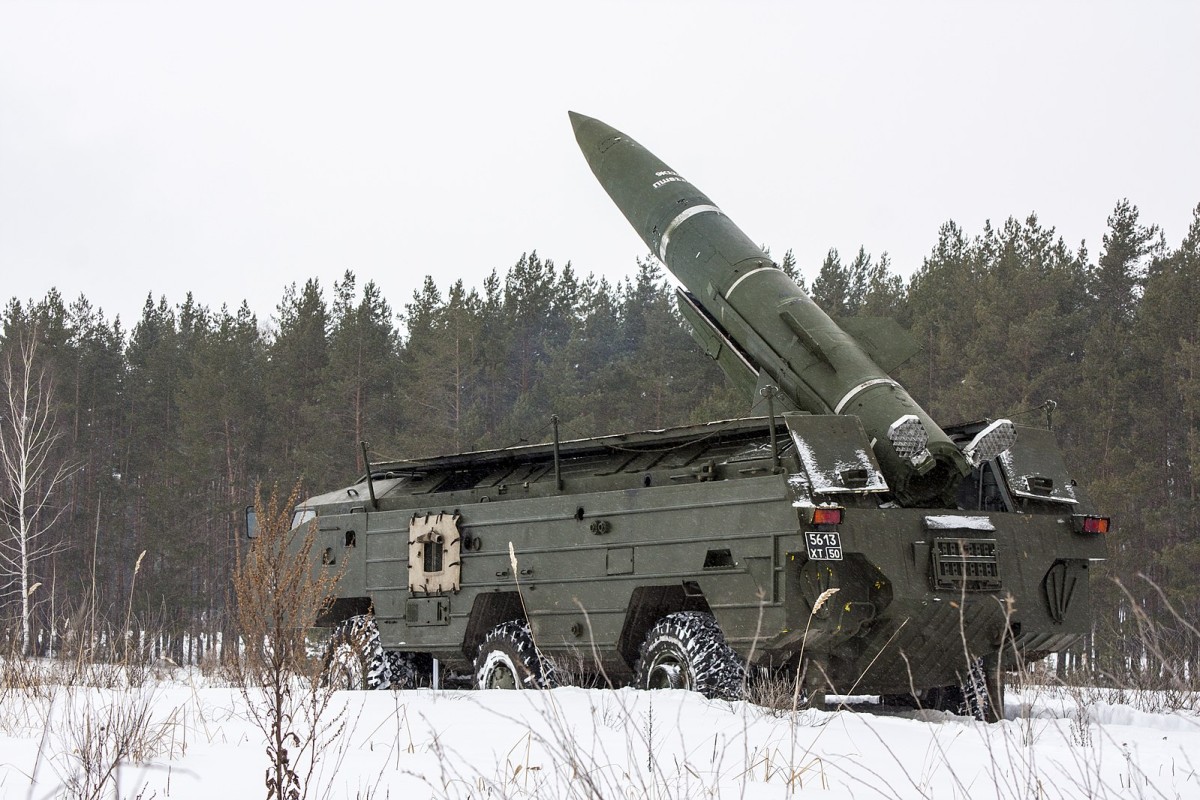Sponsored Content
Diplomatic Collisions on the Nuclear Front: Global Nervousness over Russia's Nuclear Maneuvers
Increasing tensions and recent developments regarding nuclear exercises and rhetoric pose a number of challenges for Europe, European security and especially Austria as the home of the International Atomic Energy Agency (IAEA) and the Comprehensive Nuclear-Test-Ban Treaty Organization (CTBTO).
 The Russian Ministry of Defense announced that President Vladimir Putin had ordered nuclear weapons exercises involving the air force, the navy and soldiers stationed near Ukraine. / Picture: © Wikimedia Commons, Ministry of Defence of the Russian Federation, CC BY 4.0
The Russian Ministry of Defense announced that President Vladimir Putin had ordered nuclear weapons exercises involving the air force, the navy and soldiers stationed near Ukraine. / Picture: © Wikimedia Commons, Ministry of Defence of the Russian Federation, CC BY 4.0
Recent developments in the shadow of the Ukraine conflict show an alarming tendency towards nuclear rhetoric and exercises that are causing international concern. Russia's announcement to hold nuclear weapons exercises has been criticized by the U.S. government as "irresponsible", as reported by ORF. Pat Ryder, spokesman for…
or Log In
Fast News Search





